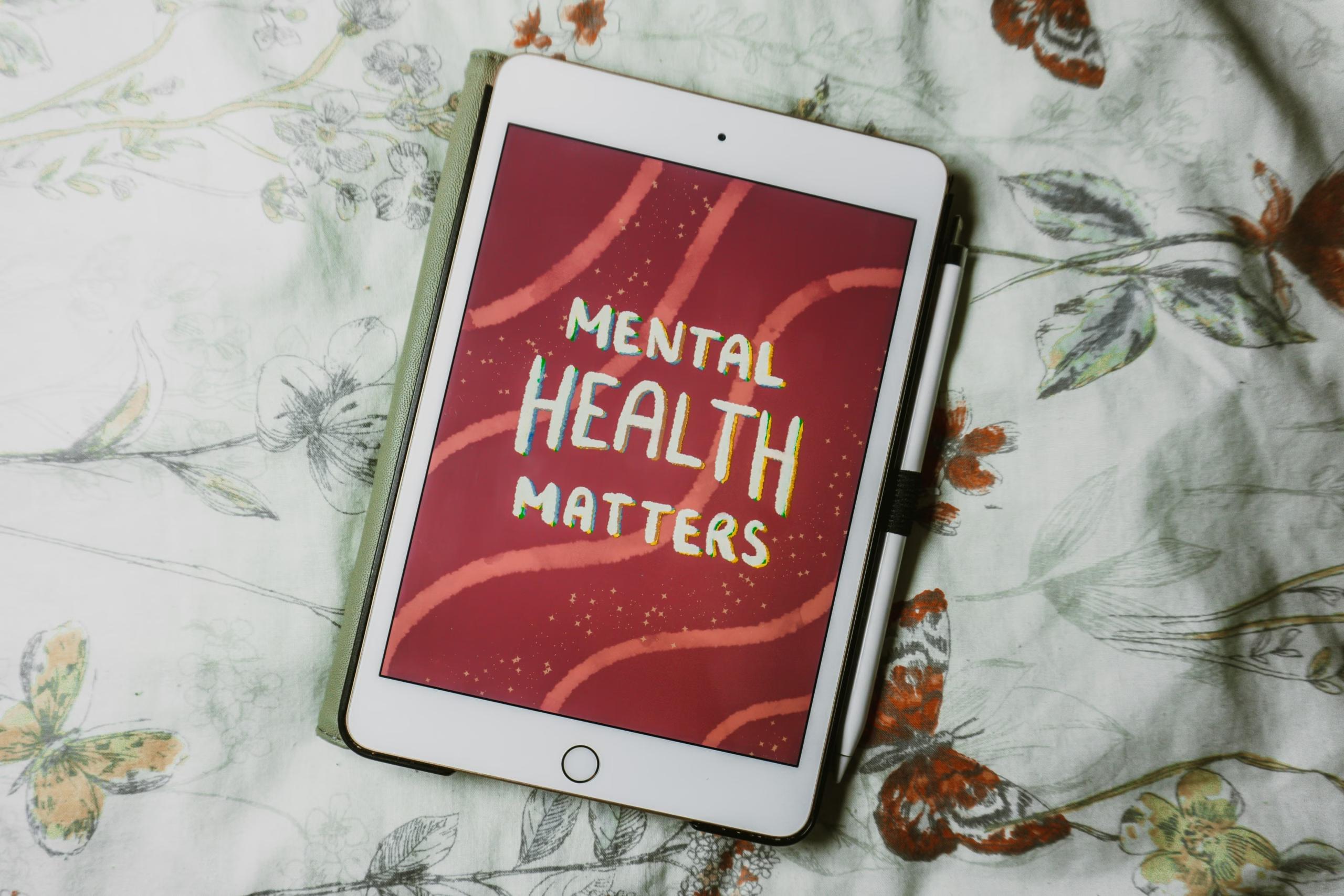Introduction
In today’s digital world, screens are an integral part of our daily lives. From work to entertainment, we spend hours staring at smartphones, tablets, and computers. While technology has improved productivity and connectivity, excessive screen time has also been linked to increased stress, anxiety, and mental health issues. In this blog, we’ll explore the impact of digital overload on mental well-being and provide actionable strategies to balance screen time and reduce stress.
The Impact of Excessive Screen Time on Mental Health
1. Increased Anxiety and Stress
Constant notifications, emails, and social media updates can create a sense of urgency, leading to higher stress levels. The pressure to stay connected and respond immediately can contribute to anxiety and mental fatigue.
2. Sleep Disruptions
Blue light emitted by screens suppresses melatonin production, making it harder to fall asleep. Poor sleep quality is linked to increased stress, irritability, and reduced cognitive function.
3. Social Media and Comparison Culture
Excessive use of social media can lead to unhealthy comparisons, negatively impacting self-esteem and increasing feelings of loneliness and depression.
4. Reduced Attention Span
Overconsumption of digital content can impair concentration and focus, making it difficult to engage in deep thinking and meaningful interactions.
How to Manage Screen Time and Reduce Stress
1. Set Screen Time Limits
Use apps or built-in screen time trackers to monitor and limit your daily screen usage. Establish specific time frames for digital activities to create a healthier balance.
2. Practice the 20-20-20 Rule
To reduce eye strain and mental fatigue, follow the 20-20-20 rule: Every 20 minutes, look at something 20 feet away for at least 20 seconds.
3. Establish a Digital Detox Routine
Dedicate certain hours of the day as tech-free periods, especially before bedtime. Engaging in activities like reading, exercising, or meditation can help refresh your mind.
4. Prioritize Real-Life Social Interactions
Make an effort to spend more time with family and friends in person rather than relying solely on digital communication. Face-to-face interactions strengthen emotional well-being.
5. Create a Relaxing Nighttime Routine
Avoid screens at least one hour before bedtime. Instead, try activities like journaling, listening to calming music, or practicing mindfulness to improve sleep quality.
6. Customize Notifications and Reduce Digital Clutter
Disable unnecessary notifications to minimize distractions. Organize your digital workspace and unsubscribe from non-essential emails to declutter your mind.
7. Engage in Mindfulness and Stress-Relief Practices
Incorporate activities such as yoga, meditation, or deep breathing exercises to alleviate stress and maintain a balanced digital lifestyle.
Conclusion
While technology is an essential part of modern life, managing screen time is crucial for mental well-being. By adopting mindful digital habits, setting healthy boundaries, and prioritizing real-life interactions, we can reduce stress and foster a healthier relationship with technology.
Start small—implement one or two of these strategies today and take a step towards a balanced and stress-free digital life!


